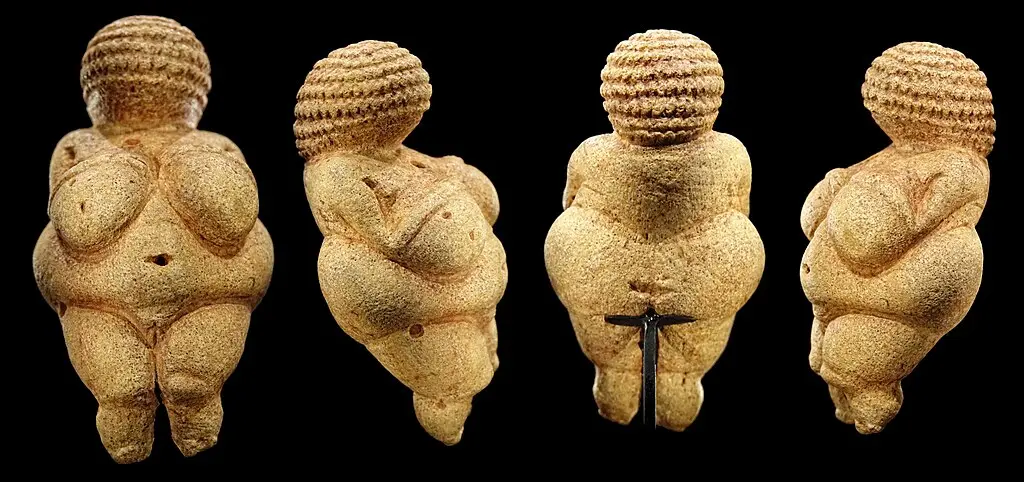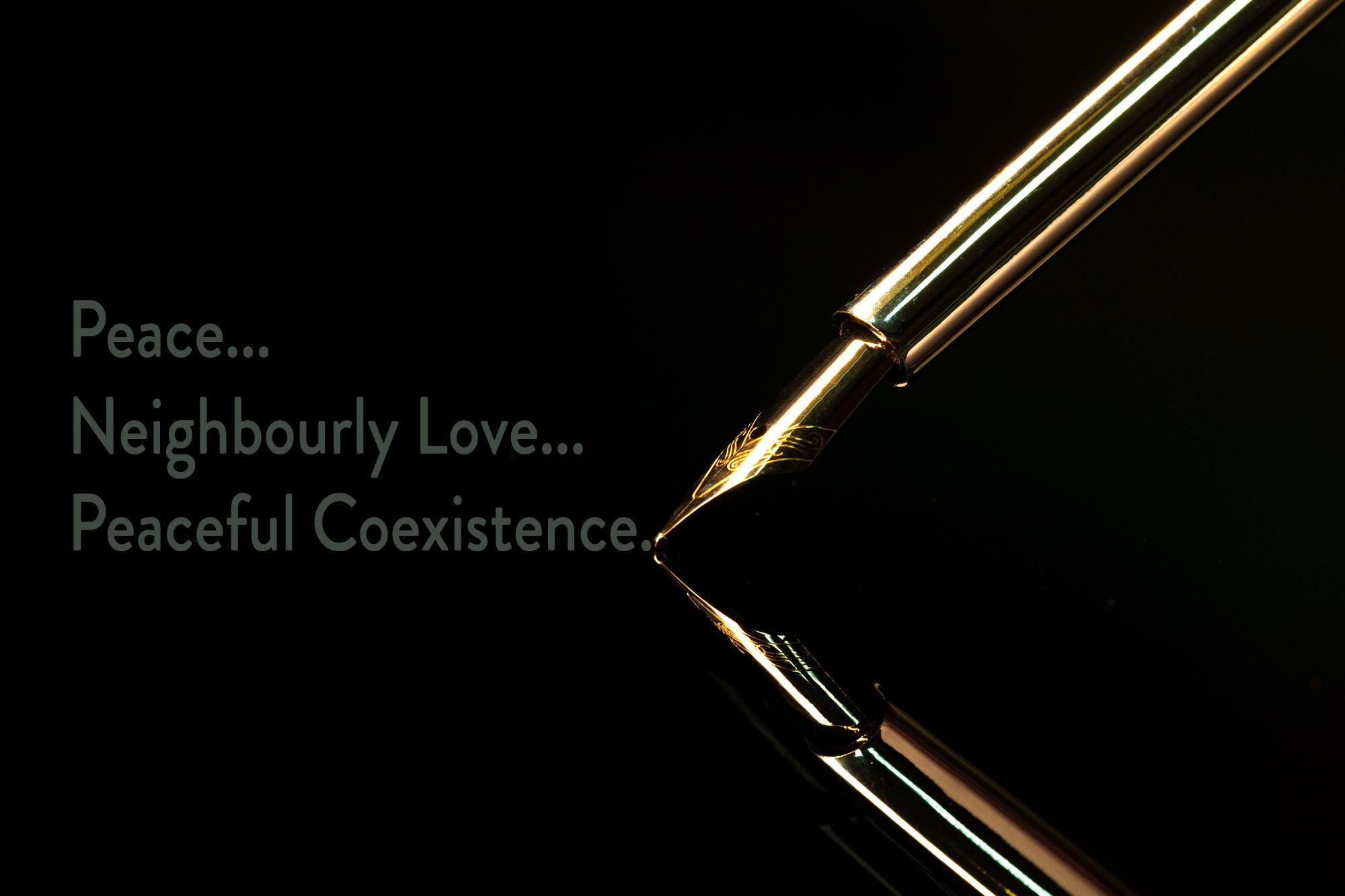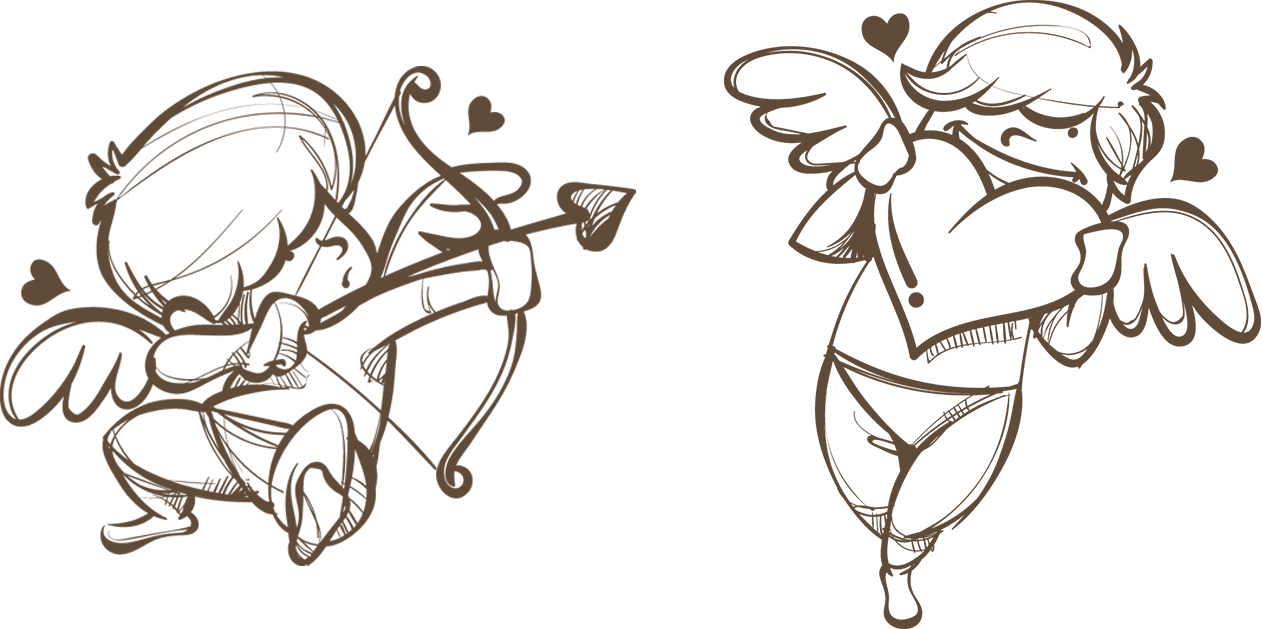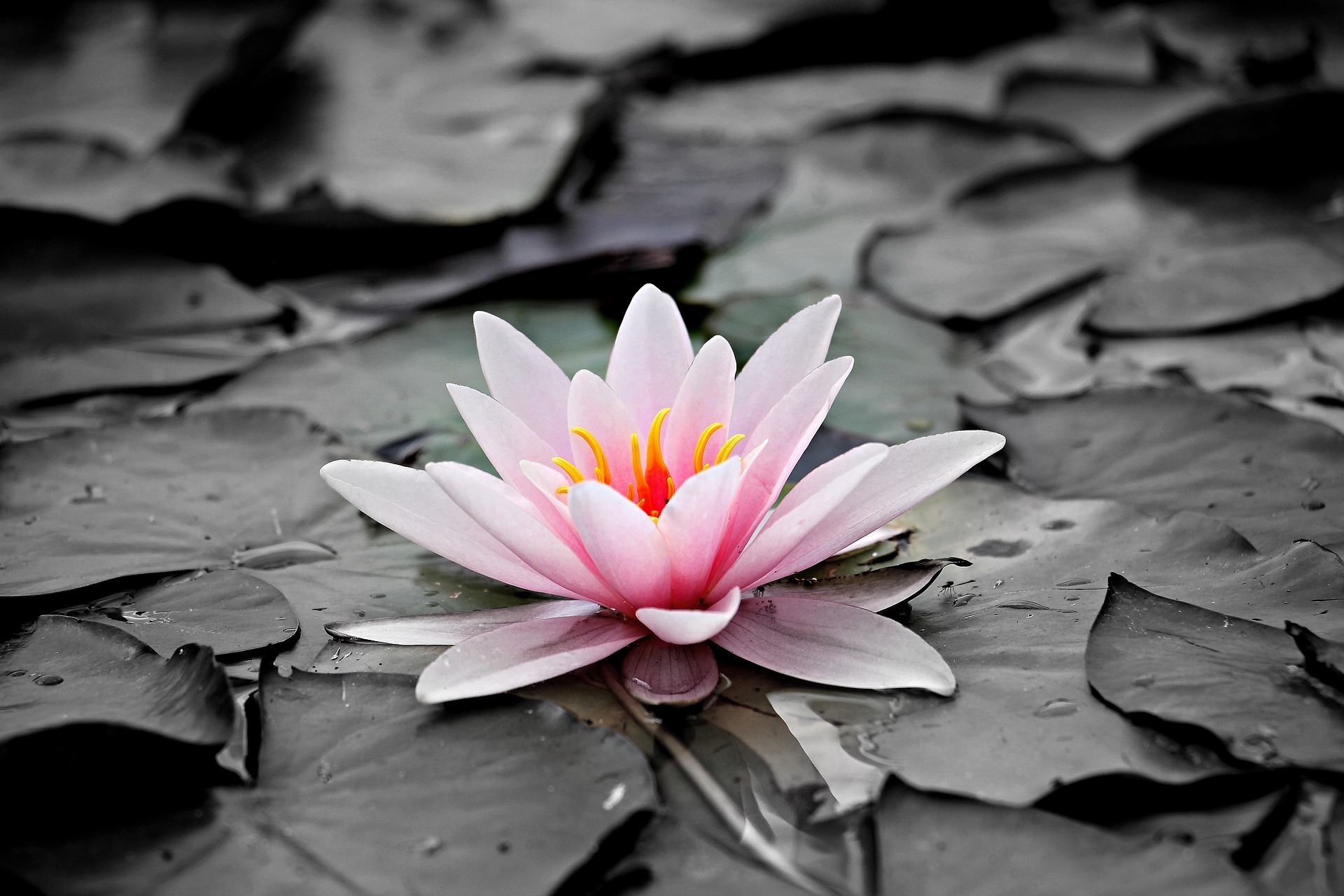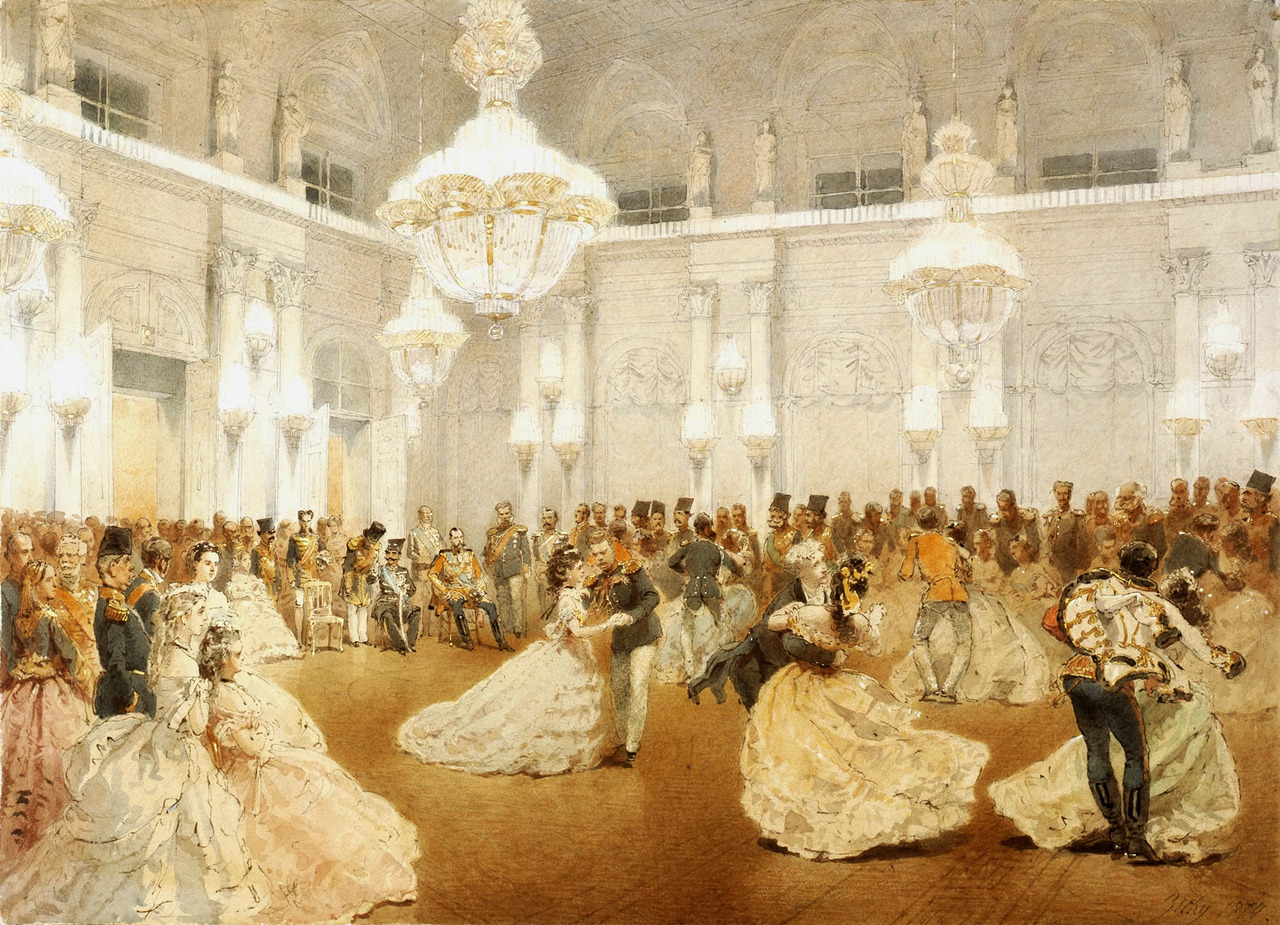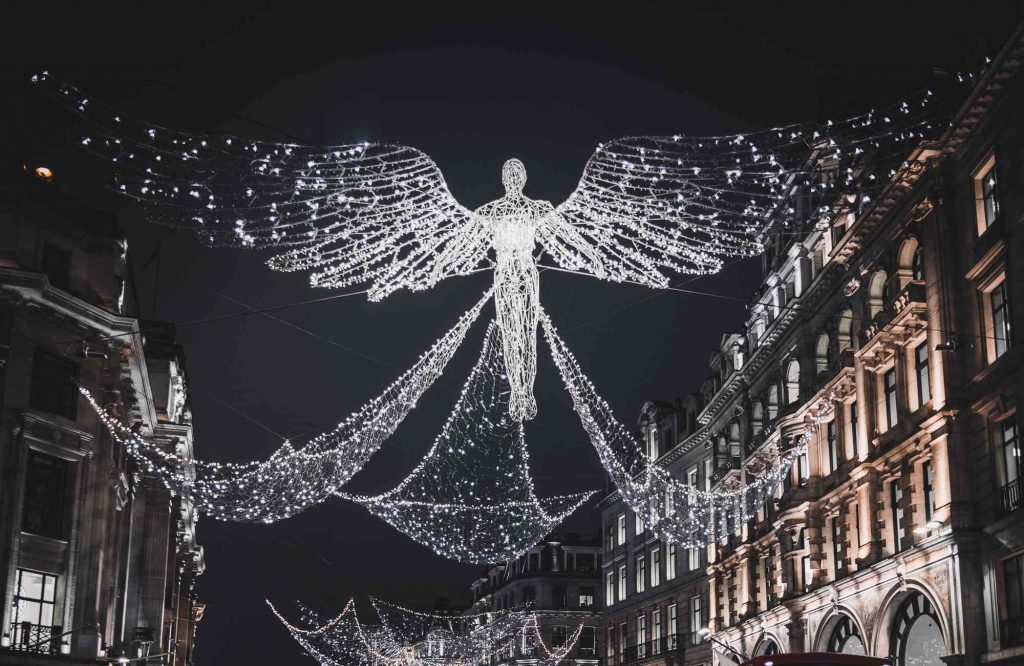
“Beauty is in the eyes of the beholder” — it’s so simple, really, but true. When we look at something or somebody we will be looking with ideas of what to expect. Of preferences.
Of Fashion.
Our dependence on being ‘fashionable’. ‘In’.
I was raised on the idea that being your own true self based on the basic values of a community was preferable to being ‘popular’.
There were also times when the typical bullies were coming after me… I was very young still and it took me quite some time to realize what was at the bottom of such behaviour.
Something that grown-up bullies retain in other ways.
But how about beauty? Isn’t it universal, especially these days?
All around in movies, on TV and the internet you see people advocate or advertise that being thin is ‘beautiful’.
And at the same time, being beautiful or ‘attractive’ seems to be most important.
Many people equal ‘being beautiful’ with ‘being lovable’. That to my mind makes for a lot of unnecessary pain and unhappiness:
As long as you judge people form the outside only — the ‘cover’ as it were — you will stay there — on the outside… superficial.
But in life the real things are connected with our minds, our hearts and the body.
So, if we imagine ourselves being in love for such superficial reasons, chances are that we will ‘fall out of love’ as soon as the ‘paint comes off…’
Beauty is an idea of fashion these days, too.
Fashion is commercialised. So is the Western concept of beauty.
And what is hard to come by can be sold at a higher price.
These days almost anyone can easily be well-fed. Everywhere that concept of beauty reigns, food comes in cheap varieties.
In many countries around the globe that also are ‘online’, being very thin is not that easy anymore.
Result:
The less easily attained appearance of being thin is proposed to be beautiful — and desirable. Thus the associated fashion is expensive. Both hard to come by: The rule of supply and demand applies.
There have been interesting researches into the reaction of more natural communities far away from Western civilisation.
They were confronted with photos of modern fashion models and they were not only stunned…they actually asked if those women were sick and close to dying – for being that thin…?
In former times, a good, round figure of a man or woman was considered desirable.
And people with some experience know too, there is more to it than meets they eye — of the beholder…
